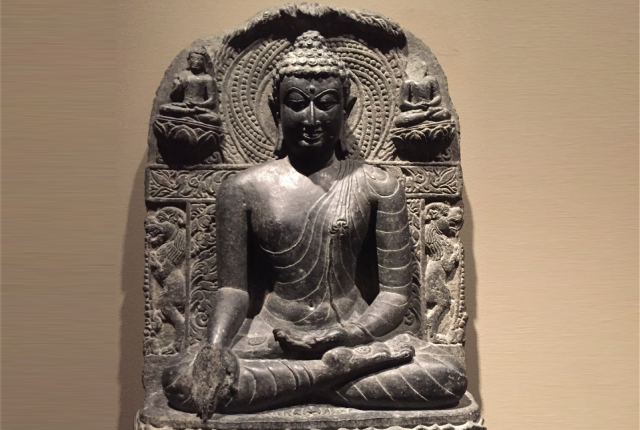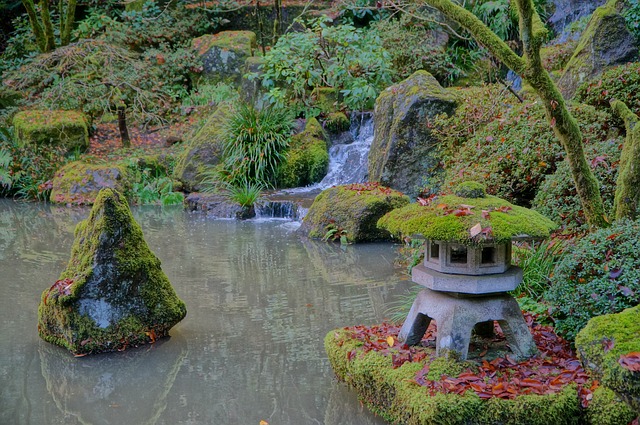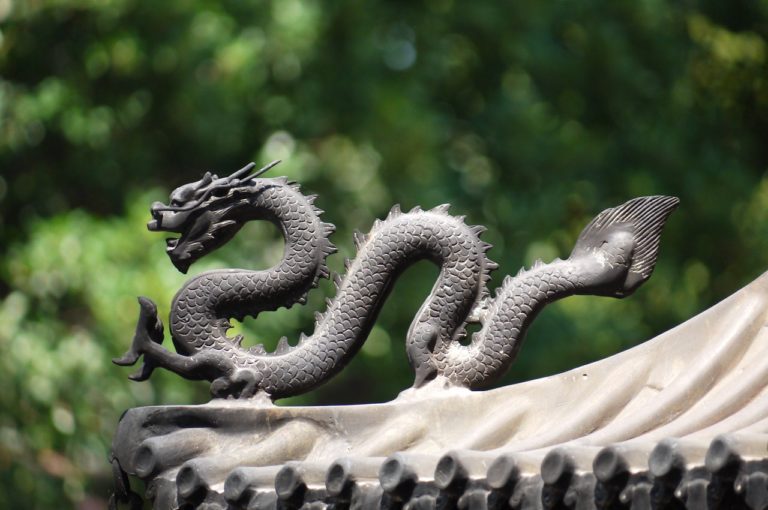
In life, it sits without lying down
In death, it lies down and does not sit,
A pile of smelly bones.
Why work so hard for it?
In the practice of meditation, once you have developed meditative concentration it does not matter if you are walking, standing, sitting, lying down, carrying firewood, or bringing water—every single action can suddenly lead to enlightenment and seeing intrinsic nature. For true Chan practitioners meditation is whatever they see in their daily lives; it is everywhere.
Humanistic Buddhism strives to bring meditation into daily life. It advocates using our ordinary, everyday mind, for there is no greater understanding.
Chan challenges us to be constant in our faith, but to use our loving kindness, compassion, joy, and equanimity to adapt to the changing world.
It asks us to practice diligently but simply, in a way in which we cherish our blessings, abide by the precepts, and live contentedly.
It tells us to see the Buddha within our own minds, and to carry out all our daily tasks with confidence and perseverance. It requires that we apply ourselves in a dynamic, animated and lively way.
It lets us see that the Way is everywhere, and that there are infinite possibilities.
Chan has always been humanistic, and all Chan masters since ancient times have developed meditative concentration and attained enlightenment from their daily labors. It was only through the passage of time that Chan slowly lost its original character and became like a piece of dry wood.
Humanistic Buddhism is a fresh reintroduction of meditation’s place in daily life. I hope that meditation in daily life can be the key that opens up the confused minds of human beings. Putting on clothes and eating can be meditation. Walking and sleeping can be meditation. Even going to the bathroom can be meditation!
The Diamond Sutra describes the Buddha’s wisdom in his daily conduct: how he dressed, how he carried his alms bowl, and how he gathered alms. He wore clothes and ate like everyone else, but did so with enlightenment.
The Buddha’s teachings are not disconnected from the secular world, and it is not necessary to isolate oneself deep in the mountains to practice meditation. There is no gap between meditation and the world. When one is able to cool the fires of anger and hatred, then everywhere becomes like a cool mountain stream. When the mind is at peace even a bustling crowd can be like a temple.
In my own life as a monk I have spent many years practicing meditation, and though I may not have gained much, I have had the opportunity to contact the deeper meaning of Chan on a few occasions.
In the 1950s Taiwan was still under martial law and people were not allowed to gather freely. I went to many different villages to teach Buddhism, and each time a police officer would come and try to break us up. Once I was giving a lecture when another police officer came to interfere.
He shouted an order at me: “Tell these people to disperse!”
I answered him plainly, “Wait until I finish speaking and they will disperse on their own.”
In the year 2000, Nan Tien Temple, a Fo Guang Shan branch in Australia, was completed and I was asked to conduct the consecration ceremony for the Buddha statue. Ross Cameron, a member of the Australian House of Representatives, had been invited to the event as well, and he asked me, “Of all the world’s religious leaders, who is the best?”
To this I told him, “The one you like is the best.”
On another occasion, I was once asked if my teachings were aligned with capitalism or communism. I responded by saying, “They are not capitalism or communism, they are Buddha-ism!”
Chan is not to be discussed and researched, for its purpose is to improve our lives. Chan brings us all the wealth of the universe. Chan allows us to live; it is the food we drink and the clothes we wear. In the world of a Chan practitioner, some tattered cloth is enough to keep him warm and simple vegetables are enough to cure his hunger. Chan practitioners are one with nature, and wander freely and easily as conditions arise. In a single world, Chan is natural.












